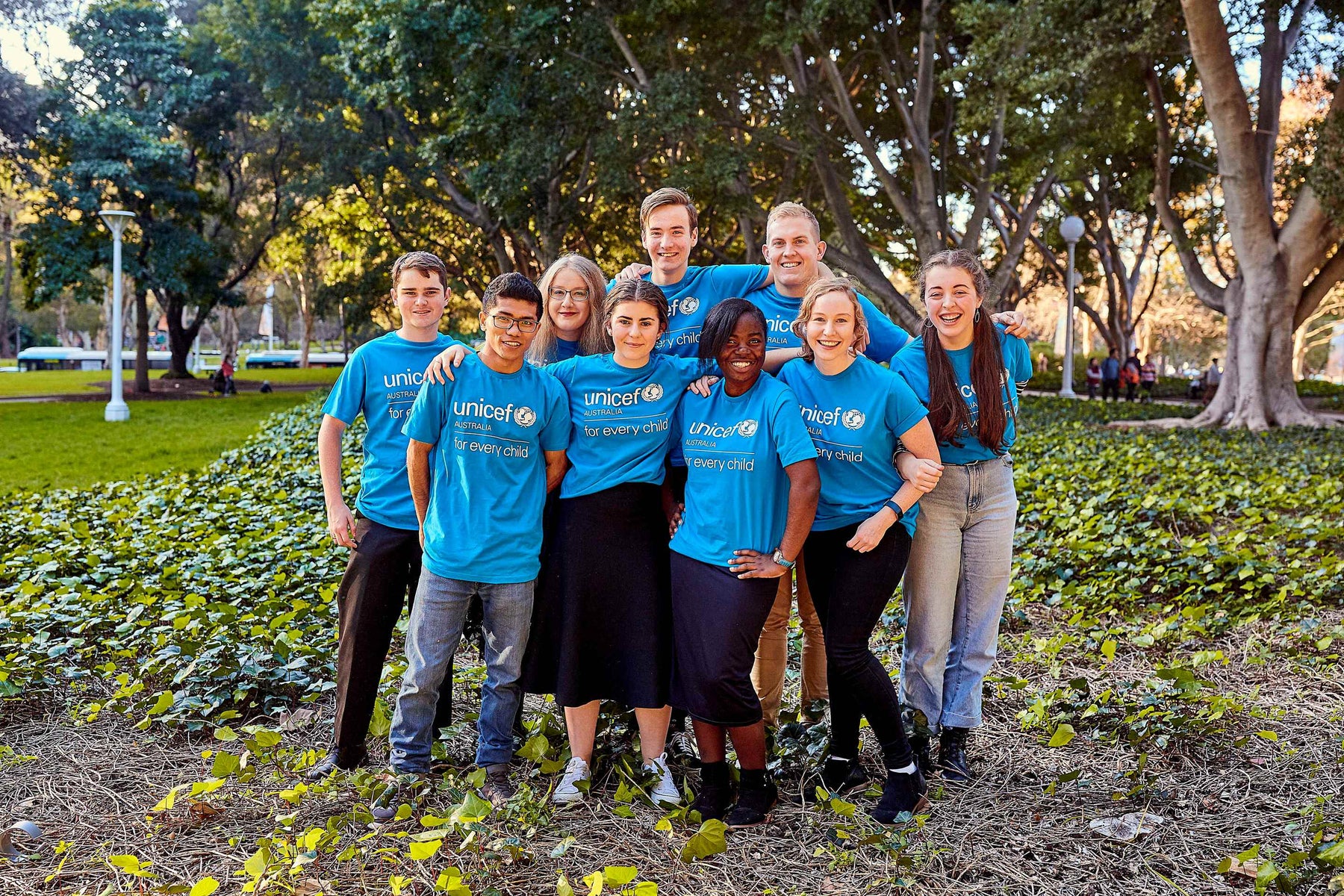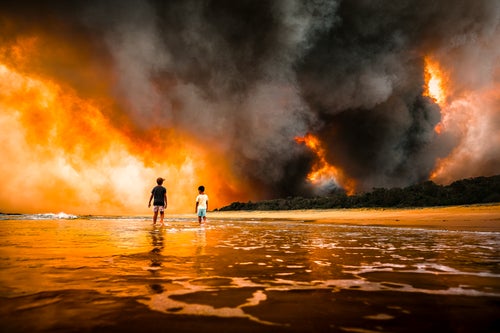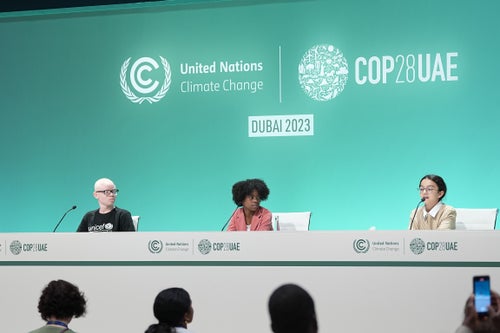Our eight UNICEF Australia Young Ambassadors have returned from Canberra
Our eight UNICEF Australia Young Ambassadors have returned from Canberra, where they met with 50 politicians across the political spectrum – 21 per cent of Parliament – discussing the concerns of children and young people across the country according to the findings of their A Climate for Change: 2019 Young Ambassador Report.
Among the findings, which span topics including wellbeing, safety, learning, equality and the environment, they explained one of the issues of greatest concern for children and young people was climate change, and that they view it as the number one threat to their safety – in fact 86 per cent of 14–17-year-olds hold this view.
The vast majority also hold the view that climate change caused by human activity is not only affecting our planet now, but that these effects will get worse in the future. Three quarters (73 per cent) consider that climate change caused by human activity is affecting the world “a lot” now, while 84 per cent think it will affect the world “a lot” in the future.
The other message that the Young Ambassadors received loud and clear during the research goes straight to the heart of participation – that children young people do not feel included in national decision-making processes, which are so often about their future.
“Young people want to be included in the discussion, whether it is about approaches to mental health, education or to climate change and the environment,” said Young Ambassador, Indi Hehir. “When Young people speak about climate change they do so with urgency and fear. We are not only concerned that we are not being listened to, but that we are not being provided with sufficient opportunity to participate in the democratic process.”
"Young people want to be included in the discussion, whether it is about approaches to mental health, education or to climate change and the environment"
The 2019 Young Ambassador report found that, when it comes to taking action, almost all young people aged 14 to 17 years consider it important for Australia to reduce its carbon emissions – 69 per cent see this as “very important”, with a further 28 per cent seeing it as “quite important.
With this in mind, the vast majority (88 per cent) of these young people favour renewable technologies (solar, wind, hydro) as the sources for our energy production, and are very considered about how this should be achieved. Almost half (47 per cent) favour an orderly transition, while a further 41 per cent favour a more rapid pace. A small 5 per cent prefer that we “mainly use fossil fuels, but also use renewable energy to some extent”. Only 3 per cent want Australia to “stay with fossil fuels.”
“It is timely that the Young Ambassadors have visited the leaders of our nation in federal Parliament this week, returning today when children and young people are exercising their right under the Children’s Convention, to which Australia was one of the key negotiators, to have their views heard,” said UNICEF Australia’s Head of Government Relations, Oliver White.
“It’s about participation and inclusion,” Young Ambassador, Indi Hehir added.
As Tony Stuart, CEO of UNICEF Australia, said before the week-long visit, “Children and young people in Australia today want action – and action on many fronts. It is no surprise that, in addition to wanting action, they want change.”
Related articles
Stay up-to-date on UNICEF's work in Australia and around the world
















